
Nuclear safety watchdog gets glowing report
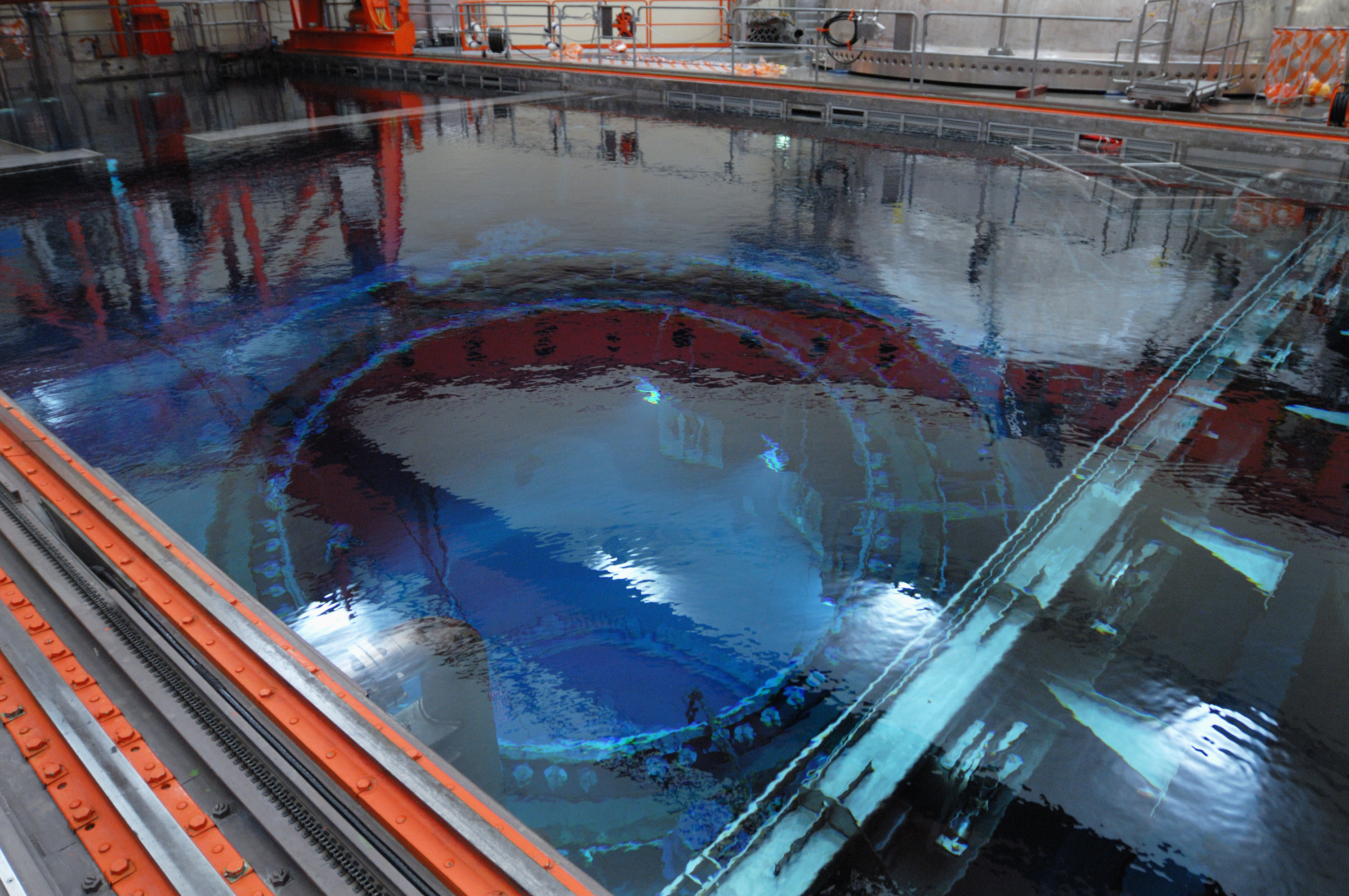
Switzerland’s nuclear safety watchdog reacted well to the accident at Japan’s Fukushima nuclear power plant in March, a group of international experts has found.
A mission of the Integrated Regulatory Review Service (IRRS), made up of 24 safety experts from 14 countries from the International Atomic Energy Agency (IAEA), wound up an intensive two-week visit to Switzerland on Friday with a presentation of some of its preliminary findings.
They held discussions with experts from the Swiss Federal Nuclear Safety Inspectorate (Ensi), visited two of Switzerland’s five nuclear power stations, and witnessed the emergency drill at another.
“Our team came away with a good impression of the way Ensi performs its mission,” IRRS team leader Jean-Christophe Niel told a media conference.
In particular he praised Ensi’s actions after the Fukushima accident in setting up a central storage facility for emergency equipment, and improving safety at the Mühleberg power station in canton Bern.
Good practices
The IRRS team highlighted 19 “good practices” of Switzerland’s regulatory system, which can be recommended to other member states of the IAEA.
Ensi’s management system was one particularly good example that had inspired members of the team, Niel told swissinfo.ch.
“The way the people inside Ensi get information enabling them to do their job properly, its organisation, its documentation, is very efficient,” he said.
The team also appreciated the way Swiss nuclear operators are required to continuously upgrade their equipment and safety procedures.
Ensi also reaped praise for its openness and transparency, as manifested in the range of documents it posts on its website covering subjects such as safety research and assessments for Swiss nuclear power plants.
Recommendations
But the mission had recommendations to make as well. One of those mentioned by Niel was that Ensi should have legally enshrined authority to push through its views on issues such as licensing nuclear activities and regulatory requirements – even if in practice this already happens.
And although Switzerland has decided to phase out nuclear energy in the wake of Fukushima, the mission is including another recommendation about competent staff.
“Whatever the status of a country’s nuclear facilities, whether you are increasing or decreasing them, you need to have enough good people to deal with safety issues. I don’t know if this is a problem [in Switzerland] but it is a question to look at,” Niel told swissinfo.ch.
Ensi director-general Hans Wanner welcomed the findings of the mission, and said they would help the organisation to further improve its work.
Avoiding the issue
But not everyone is equally impressed.
Geri Müller, a Green Party member of the security policy committee of the House of Representatives and chairman of the Swiss Energy Foundation spoke to swissinfo.ch about his objections.
“It’s an inspection between friends. Friends are looking at what friends are doing. The head of the mission is the head of security in France, and power plants in France are a catastrophe. So if our plants are OK, it means our standards are the same as in France,” Müller said.
Furthermore, he said the mission did not respond to questions he had sent it about issues which “violate international standards”.
Müller was also critical of Niel’s explanation that they were not covered by the team’s mandate.
“So, the most important questions are not part of the review,” he shrugged.
Learning from experience
If “friends inspecting friends” means that those outside the circle feel their concerns are not addressed, from the point of view of the IAEA, the missions are an important way for experts to meet and exchange knowledge and experience.
Jim Lyons, IAEA Director for Nuclear Installations Safety, explained the broader context.
“The mission works two ways,” he told swissinfo.ch. “One is that the host country gets the benefit of hearing opinions from other regulatory bodies. But at the same time, those regulators are learning about the practices not only here in Switzerland, but from the other countries around the table, and they then take that information back to their own countries to help them maybe modify the way they do things.”
But given that it is up to IAEA members to invite missions, and that their recommendations are not binding, are they always really useful? Could Fukushima have been avoided, for example?
A mission visited Japan in 2007, but there was no follow-up, as there is usually intended to be. The mission’s recommendations on the work of Japan’s regulators had not been implemented when the earthquake and tsunami struck.
Things may be different in future: a new regulatory body will start work in Japan next spring and talks are underway about the date of an IRRS mission.
Wanner stresses on the Ensi website that openness and honesty is key to the IRRS process, and regrets that not all countries recognise this.
“This can often be explained by cultural reasons, but it cannot be justified,” he writes.
But Lyons assured swissinfo.ch that it is not only developed countries who want IRRS visits.
“Many less developed countries have asked us to come in, because they see this as a way to improve their processes, to get feedback from the international community. A lot of times it helps the regulators with their own government organisations to get more funding, because the international community has come in and said: You need to support this if you are serious about safety.”
Switzerland currently has five nuclear reactors which generate about 40% of the country’s energy.
They are: Beznau I (commissioned 1969)
Beznau II (1972)
Mühleberg (1972)
Gösgen (1978)
Leibstadt (1984)
After the disaster at Japan’s Fukushima plant in March 2011, the Swiss government decided to decommission all the nuclear power plants starting in 2019 and ending by 2034.
It estimates the cost of phasing out nuclear power at SFr2.2-SFr3.8 billion ($2.5-$4.4 billion).
The government says the power generated by the plants will be replaced by hydroelectric power, renewable energy and combined gas plants among other methods.
Ensi, the Swiss Federal Nuclear Safety Inspectorate is the national regulatory body with responsibility for the nuclear safety and security of Swiss nuclear facilities.
It is an independent body constituted under public law, as required by the Swiss Nuclear Energy Act and the International Convention on Nuclear Safety.
Its board is elected by the Swiss government, and reports directly to it.
Its headquarters are in Brugg, in the northern canton of Aargau.
Switzerland was the first western European country to invite inspection by a mission from the Integrated Regulatory Review Service (IRRS), back in 1998, with a follow-up mission in 2003.
The IRRS monitors national nuclear power regulatory authorities for the International Atomic Energy Agency (IAEA).
Teams of between 10 and 20 international experts visit at the invitation of the host countries. The team will make recommendations about improving nuclear safety and pass on examples of “good practice” to other IAEA member countries.
The experts are normally high-level members of regulatory bodies drawn from a range of countries.
Visits normally take place every ten years, with a follow-up about two years later.

In compliance with the JTI standards
More: SWI swissinfo.ch certified by the Journalism Trust Initiative

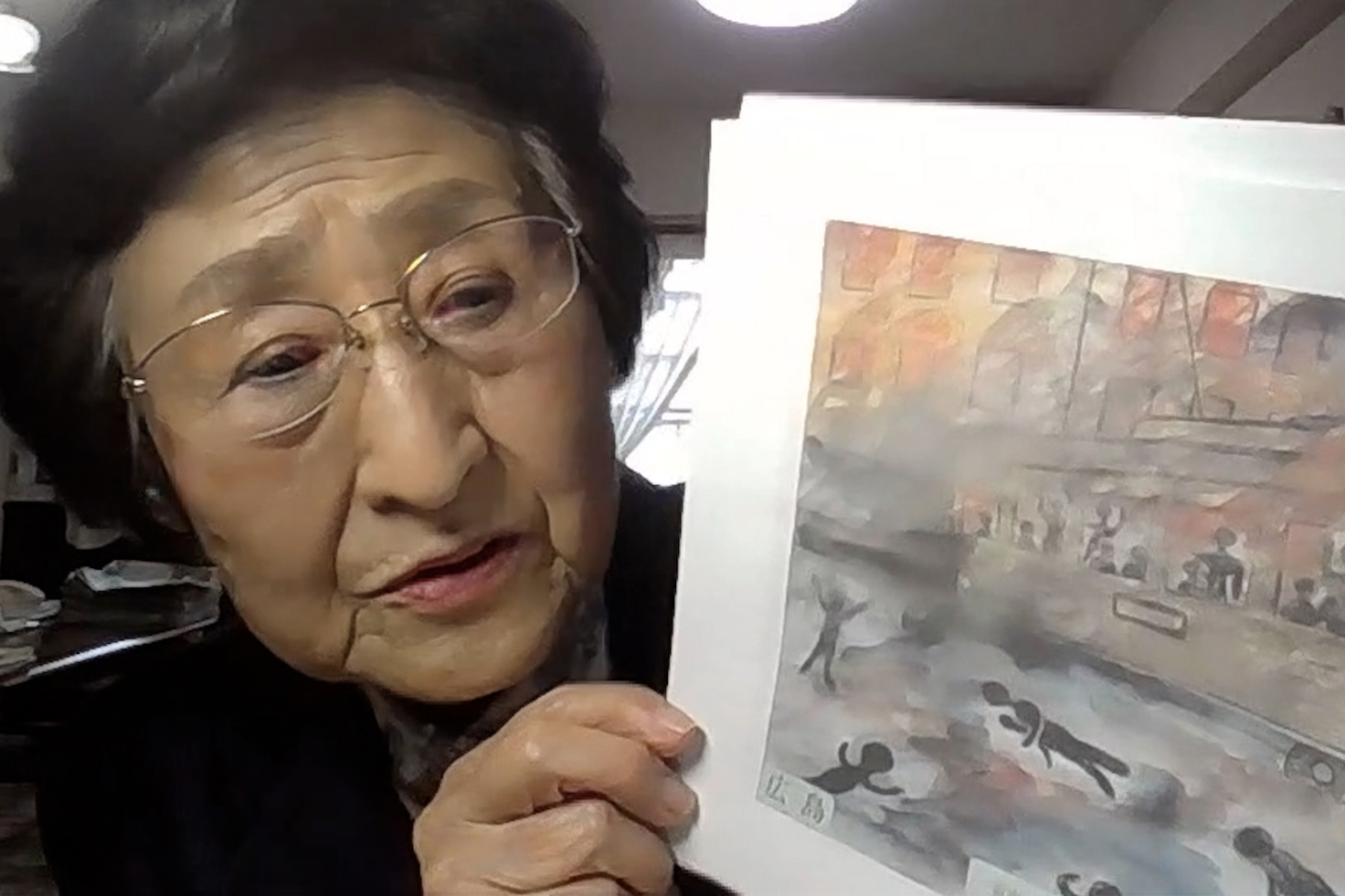








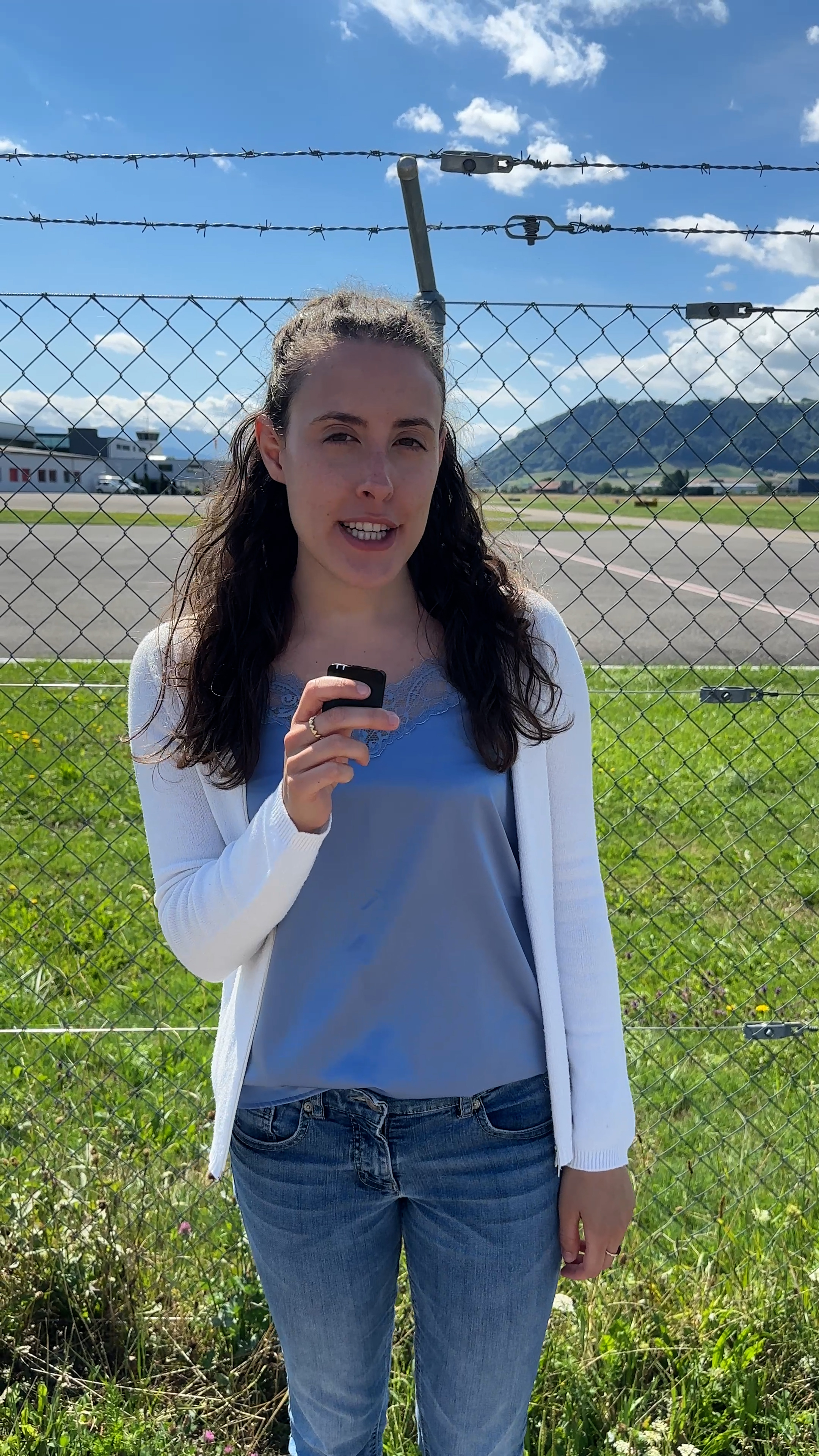




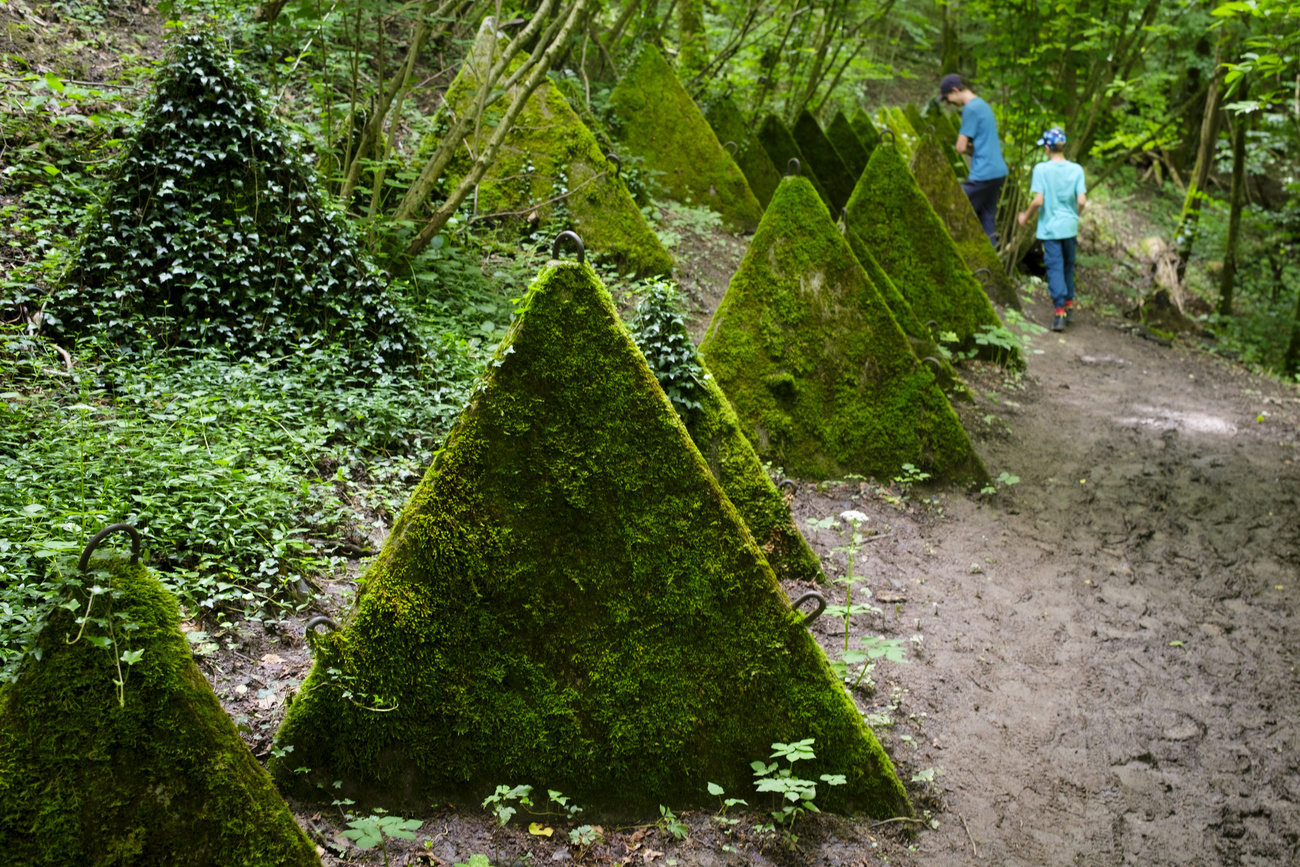





















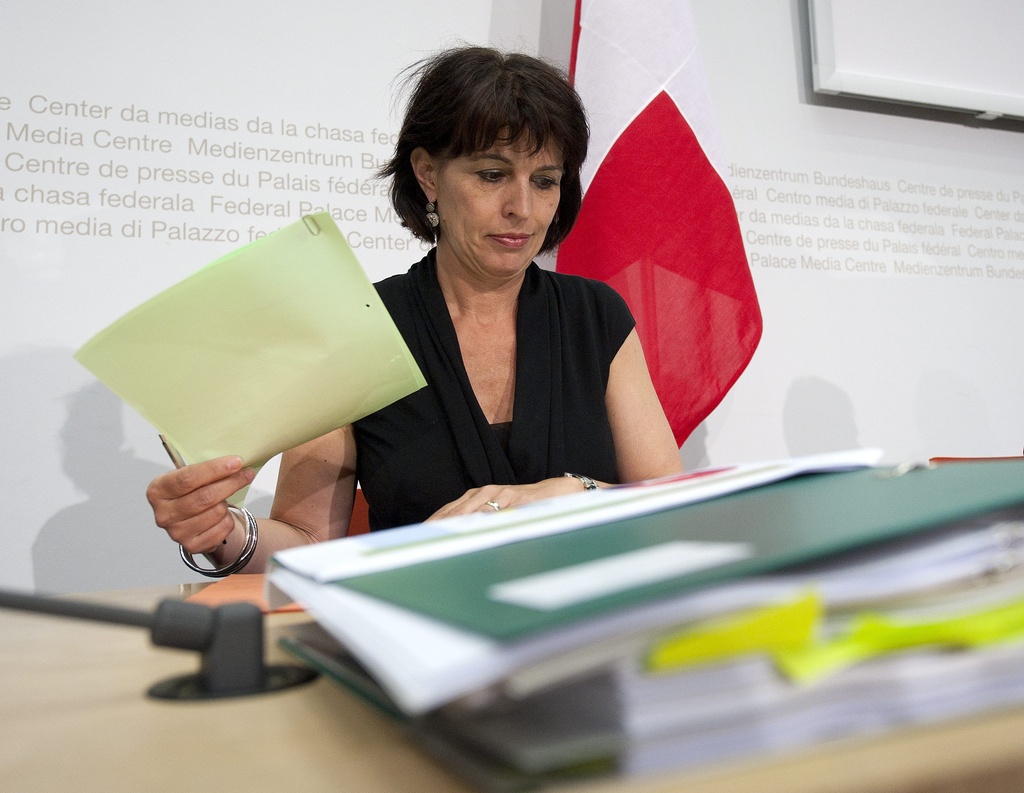
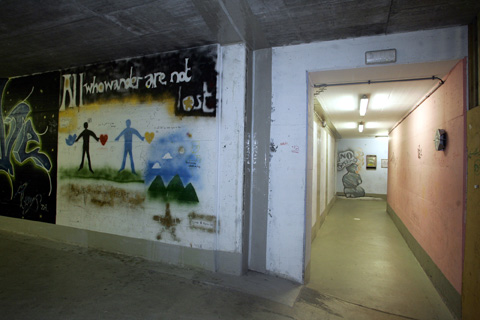
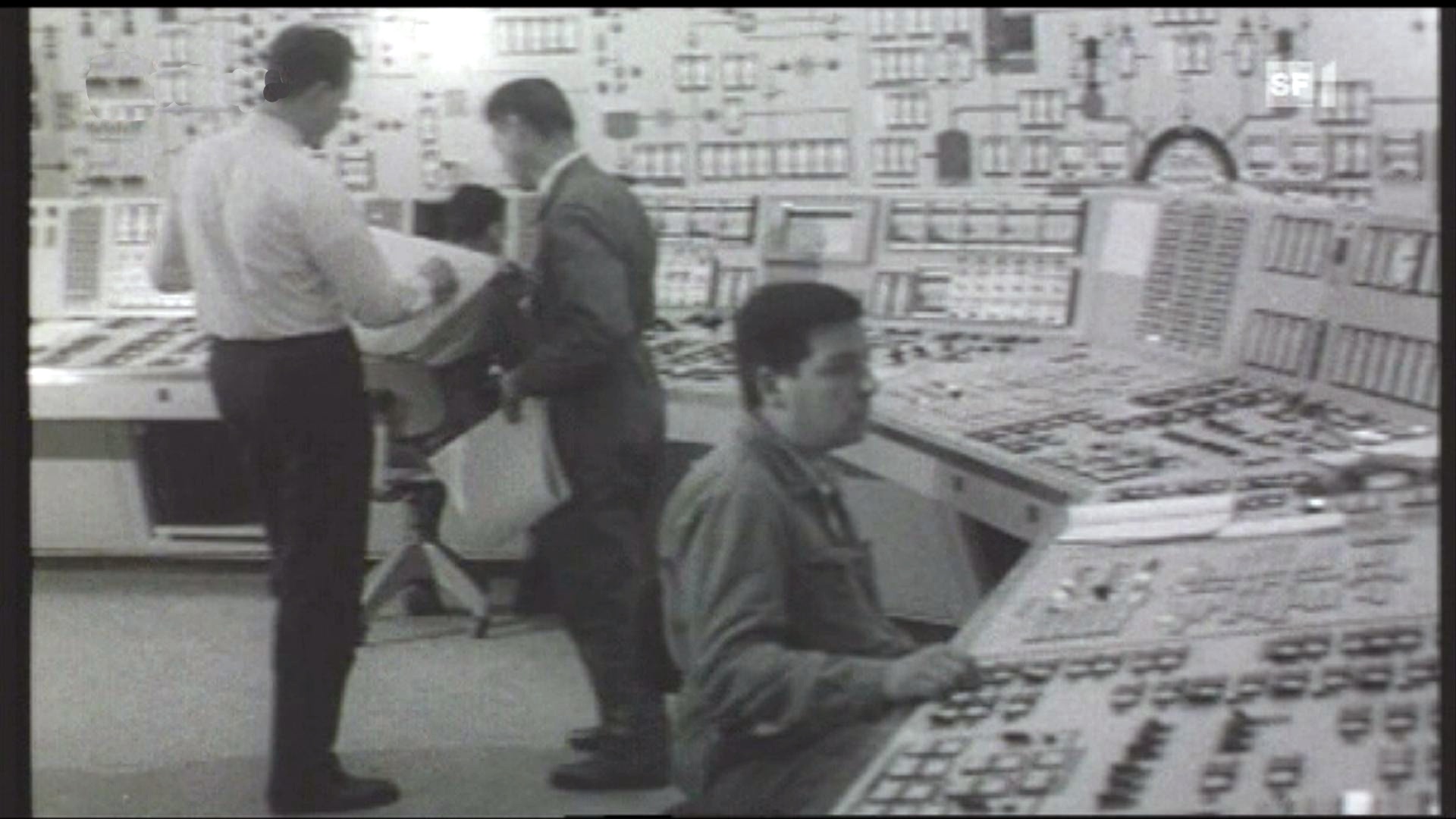
You can find an overview of ongoing debates with our journalists here . Please join us!
If you want to start a conversation about a topic raised in this article or want to report factual errors, email us at english@swissinfo.ch.